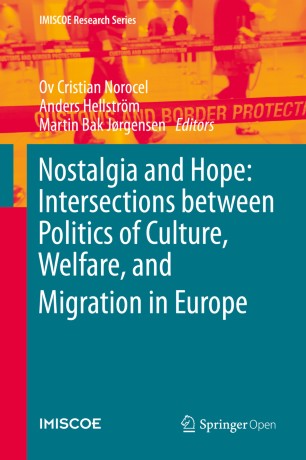

Most ebook files are in PDF format, so you can easily read them using various software such as Foxit Reader or directly on the Google Chrome browser.
Some ebook files are released by publishers in other formats such as .awz, .mobi, .epub, .fb2, etc. You may need to install specific software to read these formats on mobile/PC, such as Calibre.
Please read the tutorial at this link: https://ebookbell.com/faq
We offer FREE conversion to the popular formats you request; however, this may take some time. Therefore, right after payment, please email us, and we will try to provide the service as quickly as possible.
For some exceptional file formats or broken links (if any), please refrain from opening any disputes. Instead, email us first, and we will try to assist within a maximum of 6 hours.
EbookBell Team

4.4
102 reviewsThis open access book shows how the politics of migration affect community building in the 21st century, drawing on both retrogressive and progressive forms of mobilization. It elaborates theoretically and shows empirically how the two master frames of nostalgia and hope are used in local, national and transnational settings, in and outside conventional forms of doing politics. It expands on polarized societal processes and external events relevant for the transformation of European welfare systems and the reproduction of national identities today. It evidences the importance of gender in the narrative use of the master frames of nostalgia and hope, either as an ideological tool for right-wing populist and extreme right retrogressive mobilization or as an essential element of progressive intersectional politics of hope. It uses both comparative and single case studies to address different perspectives, and by means of various methodological approaches, the manner in which the master frames of nostalgia and hope are articulated in the politics of culture, welfare, and migration. The book is organized around three thematic sections whereby the first section deals with right-wing populist party politics across Europe, the second section deals with an articulation of politics beyond party politics by means of retrogressive mobilization, and the third and last section deals with emancipatory initiatives beyond party politics as well.